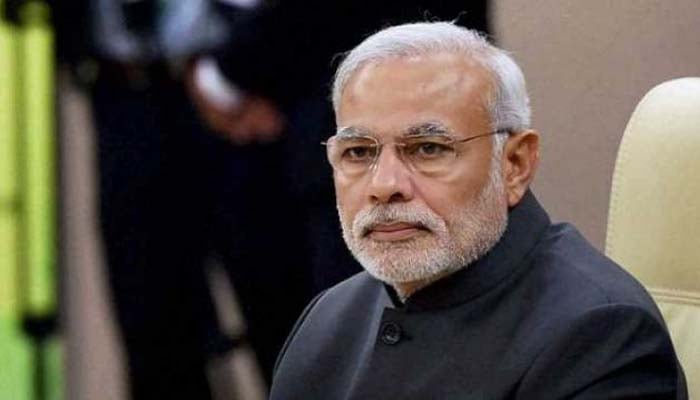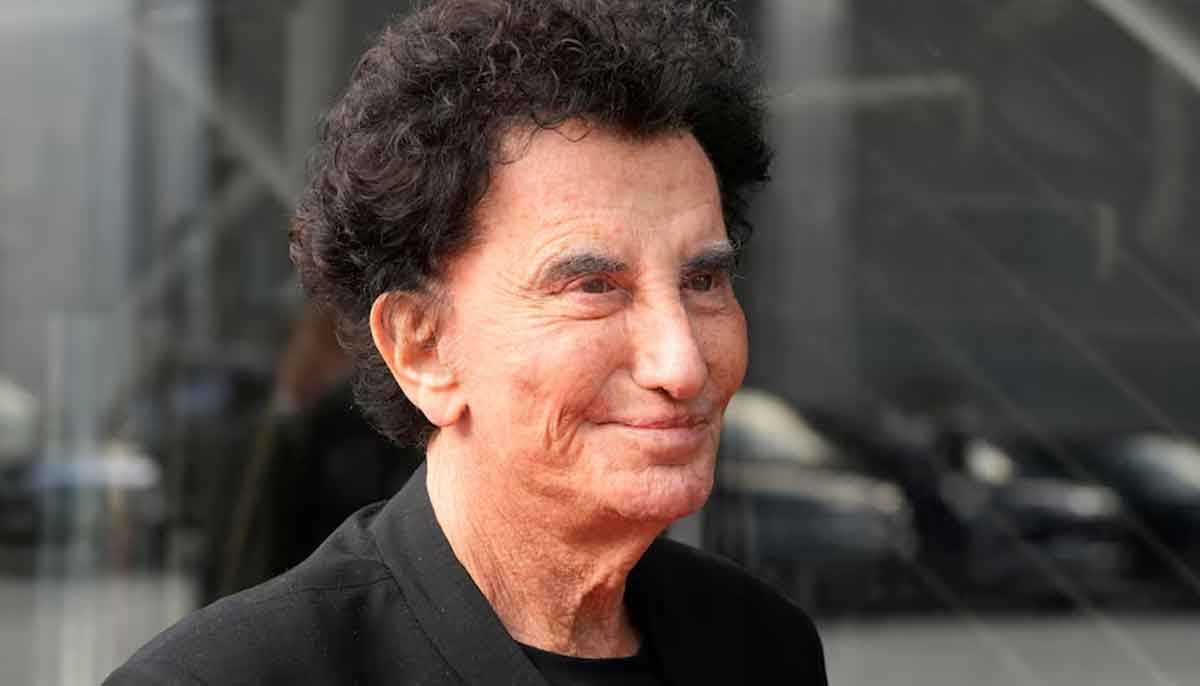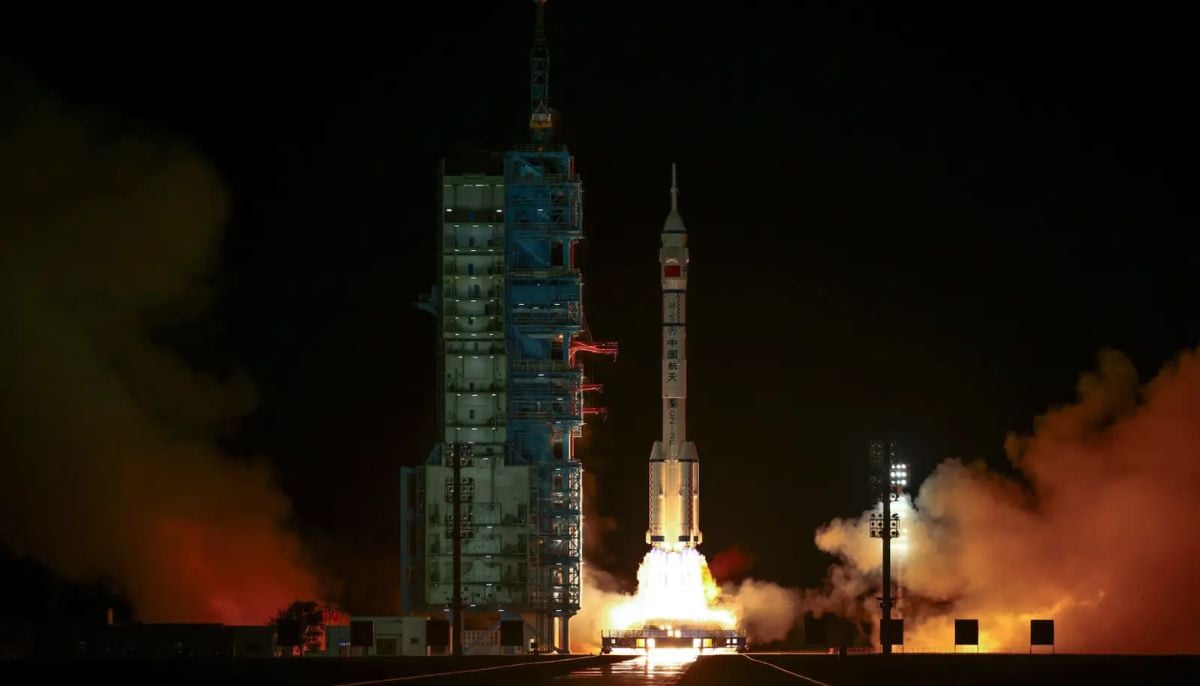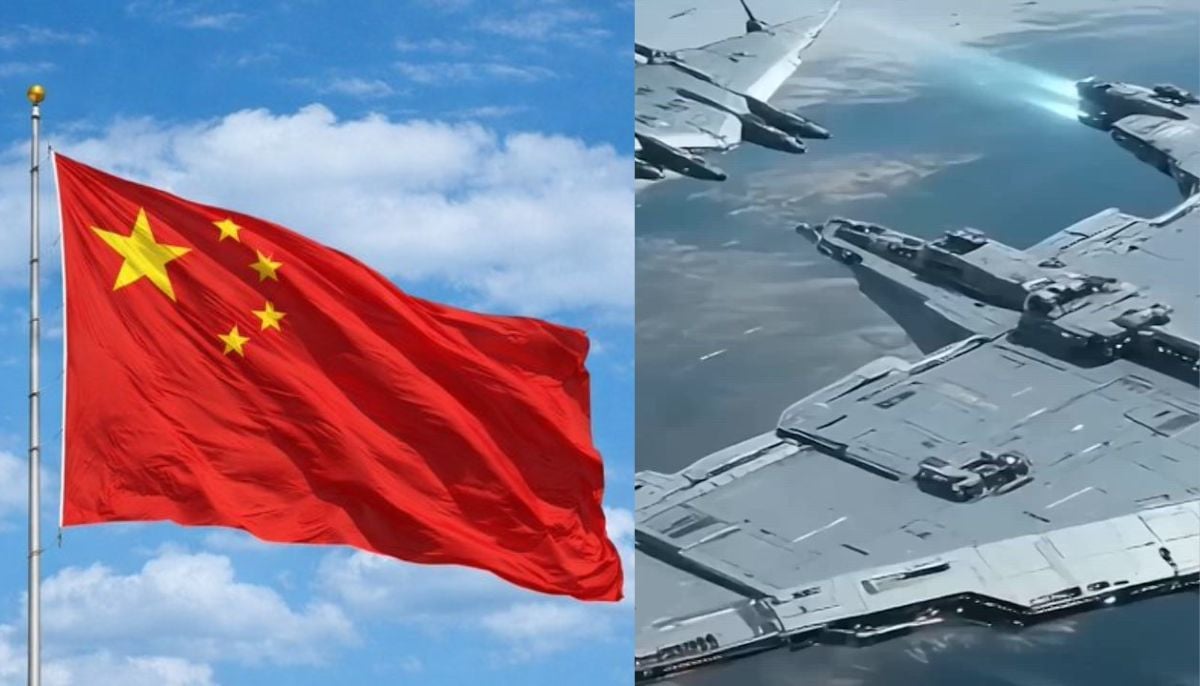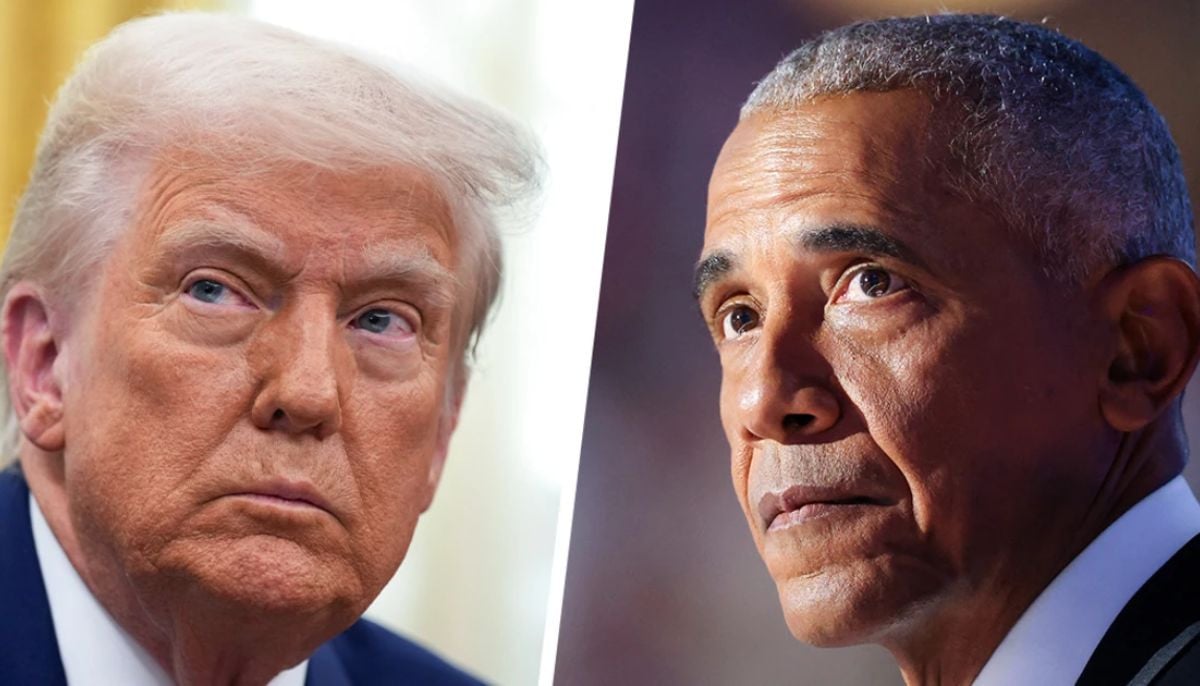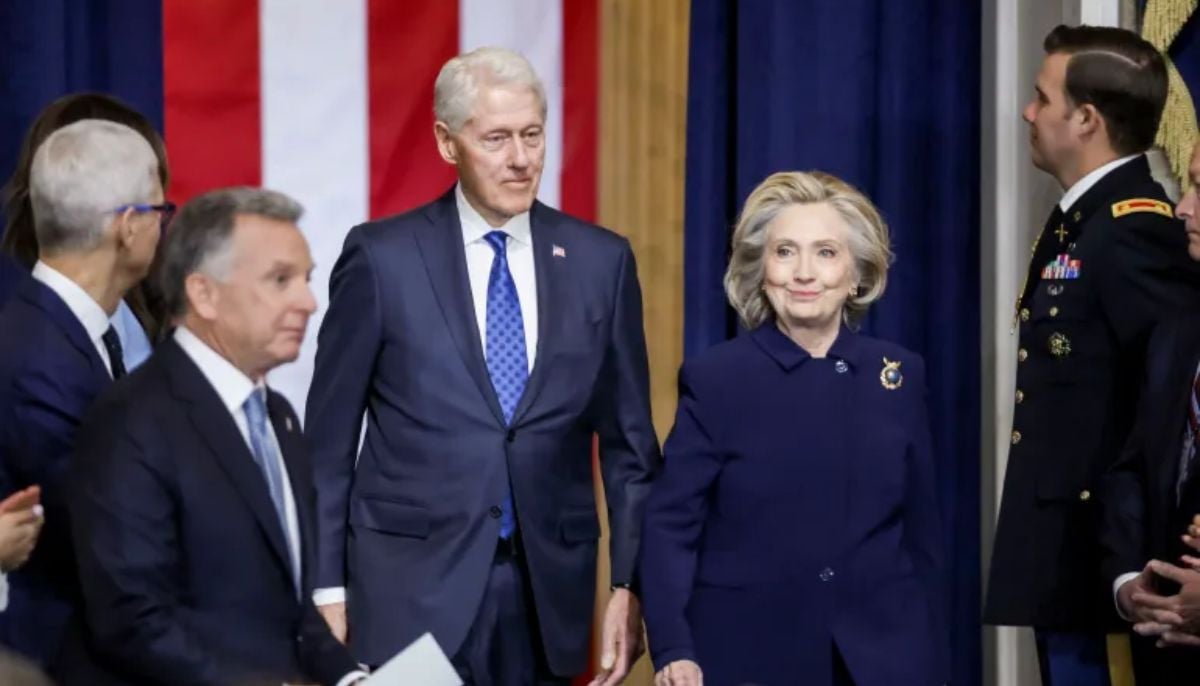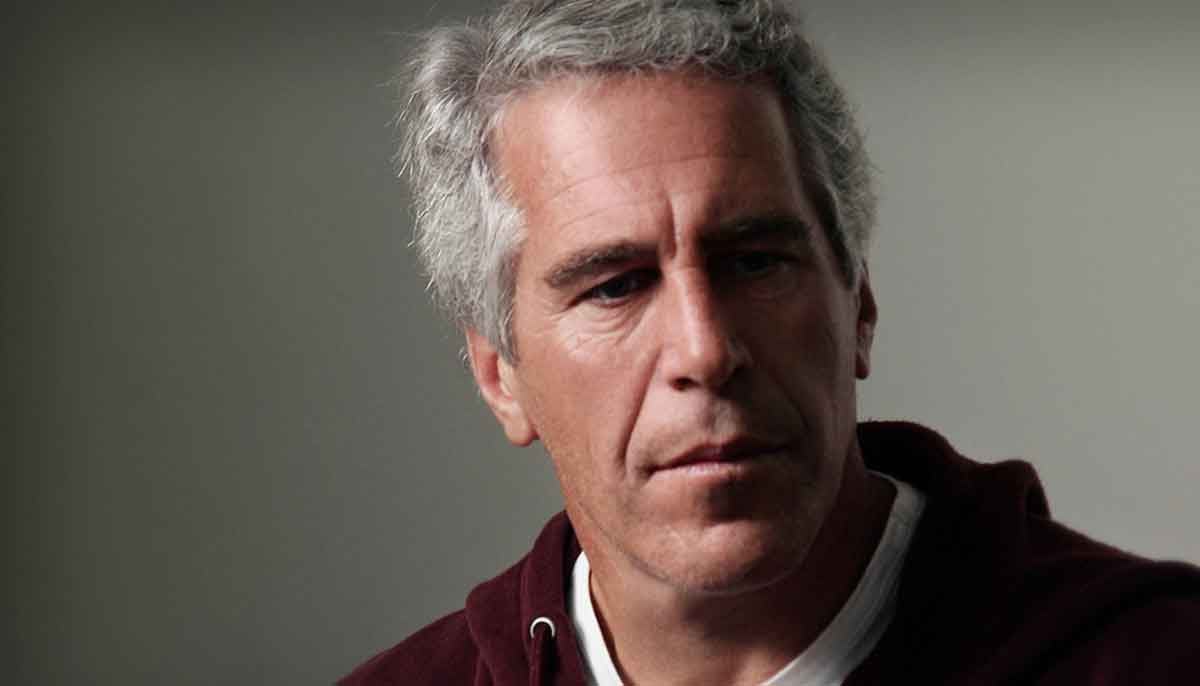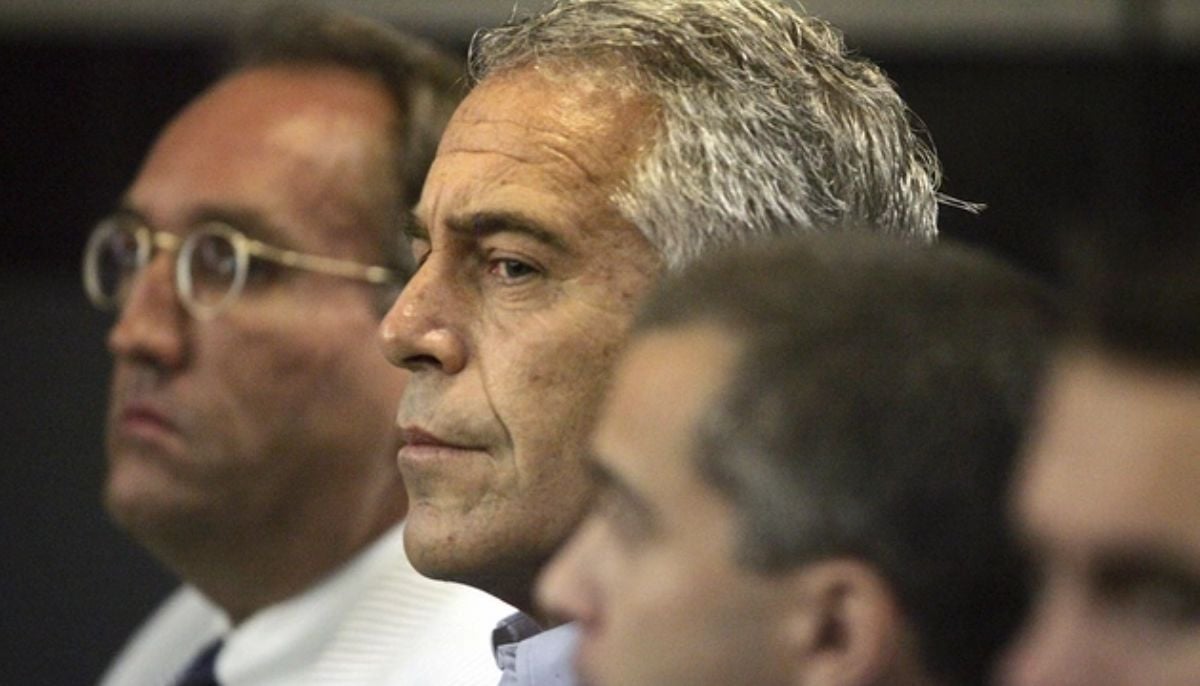Modi’s Kashmir-esque takeover ploy fails in Maharashtra
Chief Minister in India’s largest state Maharashtra resigns within 80 hours of taking oath
ISLAMABAD: Modi Sarkar continues to slide in public opinion and standing with the resignation on Tuesday of its chief minister in India’s largest state Maharashtra within 80 hours of taking oath.
In a humiliating end to a Kashmir-style takeover bid of Maharashtra by Modi, the BJP Chief Minister caved in after 3 days after Governor Maharashtra had given him 14 days to prove majority.
The Opposition, consisting of Shiv Sena, Congress and Nationalist Congress Party (NCP), had moved the top court in India which on Tuesday directed for a vote count to ascertain if BJP Chief Minister Devendra Fadnavis had the majority.
In a huge embarrassment, with its ploy exposed under the media glare, the BJP chief minister resigned on Tuesday conceding his inability to muster required majority and exposing Delhi’s “Bully and Buy” plan to take over Maharashtra.
Three days back, the BJP government in Delhi lifted the Presidential rule in Maharashtra and the province's Governor invited BJP member and ex chief minister Devendra Fadnavis to take oath as chief minister. Fernandez informed Governor that his partner Ajit Pawar of NCP had remaining 50 MLAs needed to form the government. Governor gave Ajit Pawar oath as Deputy Chief Minister.
It later turned out that Ajit Pawar's claim was a hoax and he had the support of 1-2 MLAs out of 54 his party NCP had won in elections. Majority of MLAs opted to stay back with NCP head Sharad Pawar.
After the top court of India on Tuesday directed BJP Chief Minister for a vote in Assembly on Wednesday to prove majority, his coalition partner Ajit Pawar resigned as deputy Chief Minister which prompted Fernandez to resign as well.
This is a new low BJP has hit within six months of winning general elections. In the recent elections in Haryana , it bagged fewer number of seats than the previous election and then had to maneuver a coalition govt.
This has brought in a new life in opposition politics. Already, Modi is suffering global rebuke for unilateral annexation of occupied Kashmir without regard to UN resolutions and bilateral agreement. In a manner similar to Maharashtra, Modi Sarkar had imposed Governor rule in Kashmir and later ended it special status without regard to will of the people or its representatives. However, in Maharashtra , the opposition was too powerful to be pushed aside.
Coupled with the political worries, the Indian economy continues to decelerate and State Bank of India has held that economy will grow only 4.2% in second quarter against 5% in last quarter. Last quarter result was already the worst in the last six years.
Maharashtra is India’s most important state and contributes most in its GDP compared to any other state i.e. around 15%. With political instability in the largest state, the economic worries will further aggravate. Industrial production contracted 4.3% in September, the worst performance since October 2011. Unemployment in India is now quoted at a 45 year high.
BJP fell apart with its alliance partner and ideological soul mate Bal Thackery’s Shiv Sena on power sharing formula after contesting the recent Maharashtra state elections together. Shiv Sina leadership held that BJP did not honor a 50:50 power sharing and both parties could not form a coalition government in Maharashtra.
Shiv Sena also withdrew its minister from the coalition in Central government in Delhi, ending a 30-year association with BJP. In last month elections, out of 288 seats of Maharashtra state assembly, BJP could only win 105 seats, which was 17 seats less as compared to last elections.
Therefore, BJP became dependent on Shiv Sena which won 56 seats to form a government. As BJP and Shiv Sena fell apart, Shiv Sena, NCP (54 seats) and Congress (44 seats) got into talks trying to conclude a coalition government.
At this point, Maharashtra Governor recommended President Rule after the end of stiff deadlines to all parties to cobble a coalition. President rule was enforced for six months but all of a sudden President rule was lifted and an attempt was made to install a chief minister which has badly backfired.
-
Trump refuses apology for video depicting Obama as apes amid growing backlash
-
US appeals court affirms Trump’s immigration detention policy
-
Epstein probe: Bill, Hillary Clinton call for public testimony hearing
-
Epstein ties: UK police search properties in probe into Peter Mandelson
-
Three killed, several injured after car crashes straight into Los Angeles supermarket
-
Inside Jeffrey Epstein's troubling final days before suicide
-
Woman, five others accused of plot to kill judge 'to free jailed lover'
-
Japan’s cherry blossom festival canceled in Fujiyoshida; Here’s what to know
